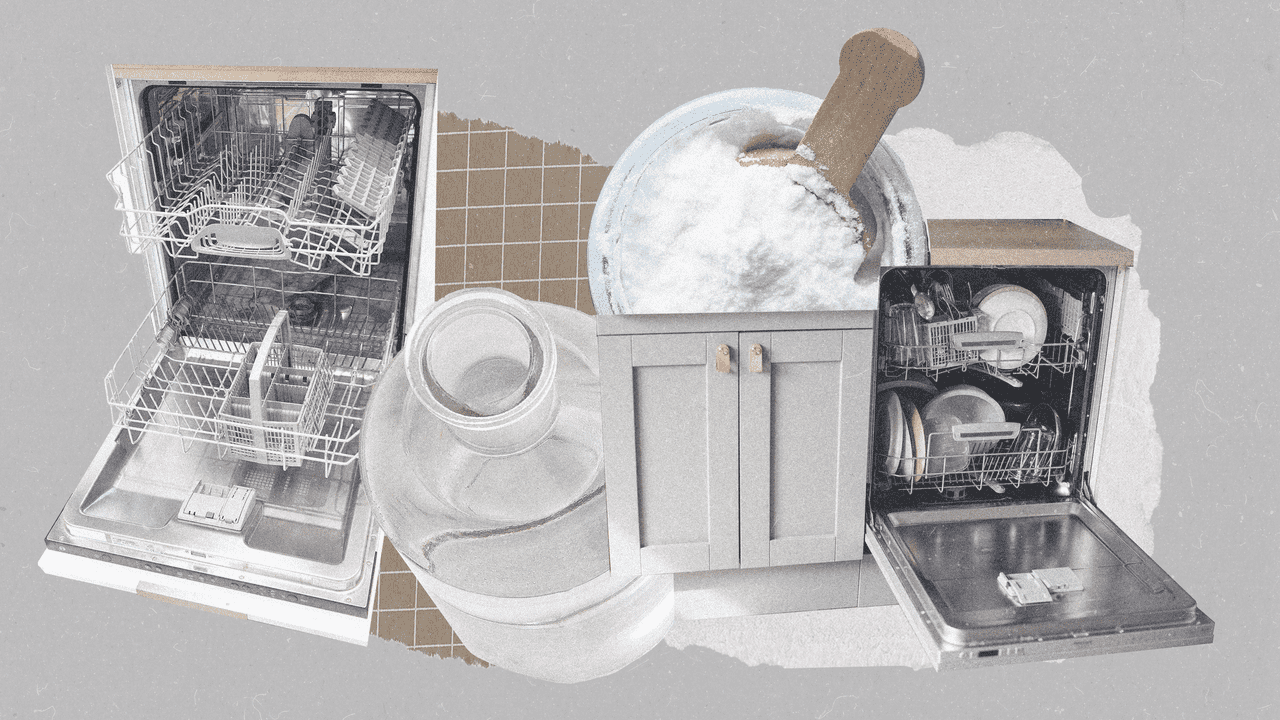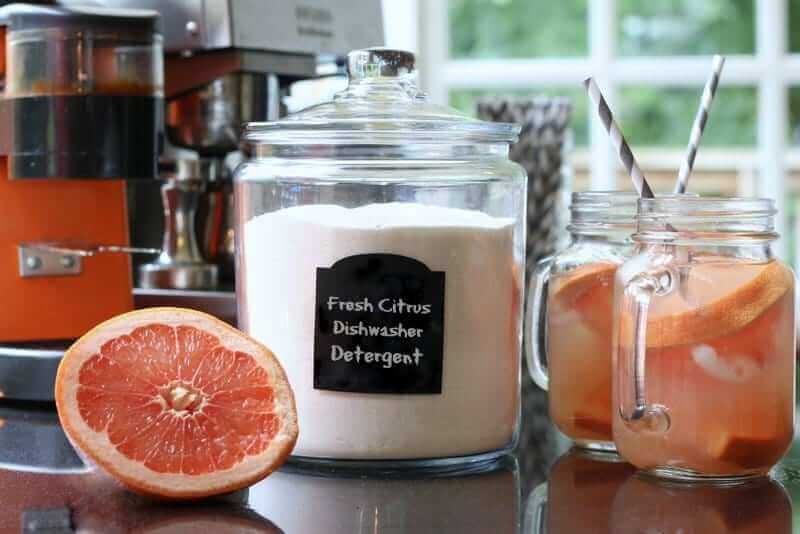Happycat
Member
- Joined
- Sep 17, 2020
- Messages
- 240
This is one of the ingredients in the Ecover dishwasher tablets, from their website: FATTY ALCOHOL ALKOXYLATE.Ditto on the thank you and awaiting their reply.
Is it one of the bad ones?
Follow along with the video below to see how to install our site as a web app on your home screen.
Note: This feature may not be available in some browsers.
Click Here if you want to upgrade your account
If you were able to post but cannot do so now, send an email to admin at raypeatforum dot com and include your username and we will fix that right up for you.
This is one of the ingredients in the Ecover dishwasher tablets, from their website: FATTY ALCOHOL ALKOXYLATE.Ditto on the thank you and awaiting their reply.
Don't bother, I just ordered their automatic dishwasher soap tablets. The Amazon ingredients list didn't have it but when I received it, it had it as fatty alcohol alkoxylate.I have a similar one from ECOVER and i have emailed the company and asked if theres alcohol ethoxylates in there.
Well I received it already too and it's not listed on mine ...Don't bother, I just ordered their automatic dishwasher soap tablets. The Amazon ingredients list didn't have it but when I received it, it had it as fatty alcohol alkoxylate.
Don't bother, I just ordered their automatic dishwasher soap tablets. The Amazon ingredients list didn't have it but when I received it, it had it as fatty alcohol alkoxylate.

Another article demonstrating that a ubiquitous chemical, widely used in both industrial and household settings, has very toxic effects on the GI tract of humans and can directly cause a number of GI and neurological diseases, as well as cancer. While the study only looked at the so-called alcohol ethoxylates, used in the vast majority of commercial dishwashers, I am not convinced that the findings only apply to those ingredients. Most dishwasher detergents also contain artificial dyes and fragrances, many of which have been proven to have detrimental effects on human health. As such, I think it would be wise to avoid any commercial dishwasher liquid that consists of anything more than plain liquid soap (i.e. glycerin or other fatty-acid-derived types). No coloring, no flavors - i.e. same simple soap as the one grandma used 75 years ago to wash the dishes.
DEFINE_ME
Commercial Dishwashers Destroy Protective Layer in Gut
"...A typical cycle in a commercial dishwasher involves circulating hot water and detergent for around 60 seconds at high pressure. Afterwards, there is a second 60-second washing and drying cycle in which water and a rinse agent are applied. “What’s especially alarming is that in many appliances, there’s no additional wash cycle to remove the remaining rinse aid,” says Cezmi Akdis, UZH professor of experimental allergology and immunology and director of the SIAF, who led the study. “This means that potentially toxic substances remain on the dishes, where they then dry in place.” When the dishes are used the next time, this dried chemical residue can easily end up in the gastrointestinal tract. This inspired the research team under Akdis to investigate what effect the components of commercial-grade detergents and rinse agents have on the epithelial barrier in the gut – the layer of cells that lines the intestinal tract and controls what enters the body. A defect in this barrier is associated with conditions such as food allergies, gastritis, diabetes, obesity, cirrhosis of the liver, rheumatoid arthritis, multiple sclerosis, autism spectrum disorders, chronic depression and Alzheimer’s disease. Similar protective layers are also present on the skin and in the lungs. As numerous studies have shown, many additives and chemicals that we encounter in everyday life can damage these layers. “We assume that defective epithelial barriers play a role in triggering the onset of two billion chronic illnesses,” says Akdis. This connection is explained by the epithelial barrier hypothesis, which Akdis has helped develop during his more than 20 years of research in this field. The researchers used a newly developed technology for their study – human intestinal organoids and intestinal cells on microchips. The tissue forms a three-dimensional clump of cells that is very similar to the intestinal epithelium in humans. The team used various biomolecular methods to analyze the effect that commercial detergents and rinse aids have on these cells. They diluted these substances to reflect the amounts that would be present on dry dishes (1:10,000 to 1:40,000). The result was that high doses of rinse agents killed the intestinal epithelial cells and lower doses made it more permeable. Researchers also observed the activation of several genes and cell signaling proteins that could trigger inflammatory responses. A more detailed analysis showed that one component of the rinse agent – alcohol ethoxylates – was responsible for this reaction."
Interesting.When I was in college I never used soap on my dishes, I'd just rinse them under hot water right after eating and then use them again later, and maybe handwash with soap once a week or so
I also never washed my hands after touching raw meat
nothing happened
How has this method been working for you? Have you modified it any?I've been messing around trying to make a detergent. Using just washing soda leaves a residue for me...very alkaline.
So I tried this today and it seemed to work:
Vinegar and a small amount of citric acid tossed into the bottom of the dishwasher.
A little Washing Soda and non poison fatty acid dish soap into the detergent compartment.
Vinegar for inside the rinse aid compartment.
I figure any citric acid will get washed away since it is just tossed inside the dishwasher as a prewash.
I like to run the hotwater at the sink before starting the dishwasher since my hot water tank is far away. Then i'll be starting hot.
I've never found a DIY recipe that didn't leave a residue. If anyone has a home made concoction that is legit please share. they usually all suck and the one I came up with might suck too. At least it's better than all alkaline style...I think.
There's probably something bad about using a strong acid, stripping microscopic metal off stuff and spraying it around everywhere. who knows, everything sucks except hand washing and I suck too much to handwash.
Yea, I did it for a whole year straightInteresting.
I also washed my dishes with just water for about 10 years. No problems. For very greasy dishes I would use detergent.Yea, I did it for a whole year straight
people mostly derive their opinions not from logic and reality, but from mirroring what they see other people do
Everything sucks as far as using alkaline powders. Just leaves residue on everything over time.How has this method been working for you? Have you modified it any?

